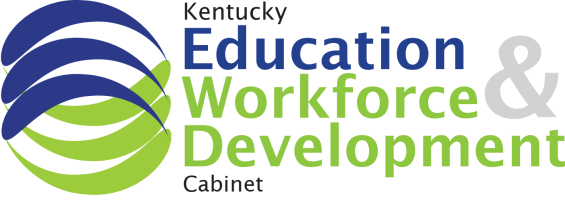The Value of Project Closeouts
As a new year approaches, many people take time to “close out” the current year by reviewing their accomplishments and extrapolating lessons for the future. The process may be similar to that organizations use when closing out a project. Closing out a project well can be as important as planning one well. Here are just three reminders, from BPG alumnus Tricia Boies, why a good closeout is important. She includes examples from her career of what can go wrong when a project is not formally closed out.
A good project closeout:
Ensures that projects are truly complete.
For a product, that might include confirming all components of a product are delivered. For a process it might be ensuring all necessary documentation, training, and implementation plans are released.(Someone who trained her division on a new corporate database and required them to use it religiously was stunned to learn during a conference call that the Vice President of another major division didn’t know the database had been approved for use).
For all projects, the importance of completing administrative details should not be underestimated. This includes ensuring critical data (such as product specifications) are updated and confirming all outstanding invoices have been submitted and paid. An excellent project manager still winces when she thinks about the time she did not immediately follow up on the large, final invoice due from a vendor. She winces because the bill was submitted a month after the fiscal year had closed. As a result, her team had to cut two projects from their plan for the new fiscal year. Those cuts impacted sales projections for at least two years.
Ensures that lessons learned are shared.
These lessons may be anything from information about a vendor’s strengths or weaknesses to why changes to scope were required. Another sad example: A new project manager hired a frequently used vendor to produce a product. When the product was released it had to be redone at significant expense because of rampant errors. That was when the project manager learned that “everyone” knew the vendor’s one weakness was proofreading so they hired independent readers. If that knowledge been available to the new project manager in a vendor file, a major expense and delay in the release of a product would have been avoided.
Not all lessons learned are bad; a project team may come up with a new way to handle a difficult problem or reduce costs. Sharing these lessons is important to the process of continuing improvement within an organization.
Allows team to take stock of and celebrate their work.
When a project is completed it is important for the project team, including stakeholders, to meet and assess their plan to actual results. Any variances from the plan’s scope, budget, schedule, etc. should be reported and understood. Feedback on what worked and didn’t should be identified.
There are different names for these meetings: Post project reviews and post mortems are two common titles. Whatever name you give them (a former co-worker preferred to call them “Recollections and Reflections”), the purpose of the meeting is to learn and document, not to place blame or shame.
Celebrating accomplishments is important. You may choose to do it as part of your close out meeting or as a separate event. Just be sure to take time to learn and celebrate.







